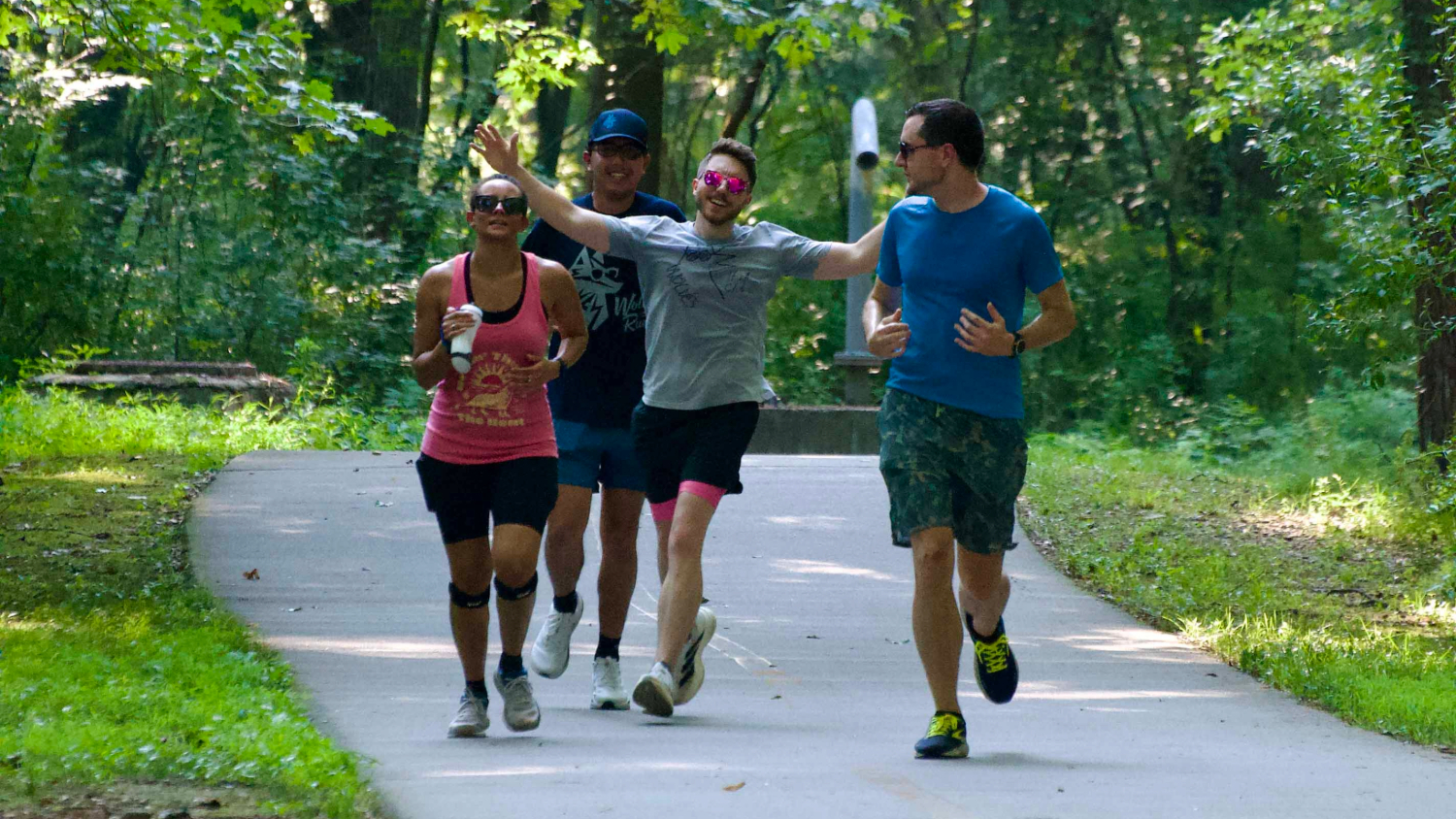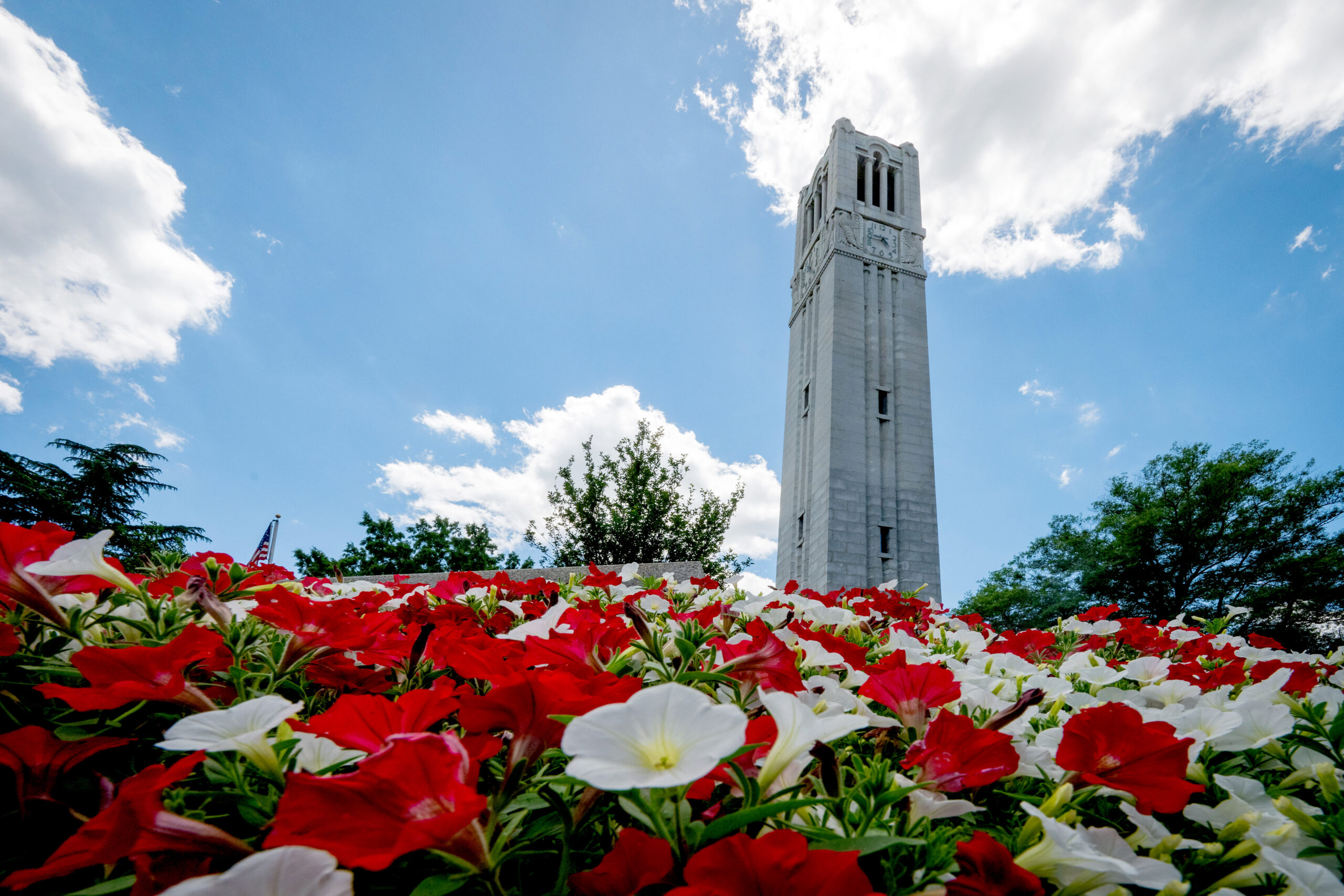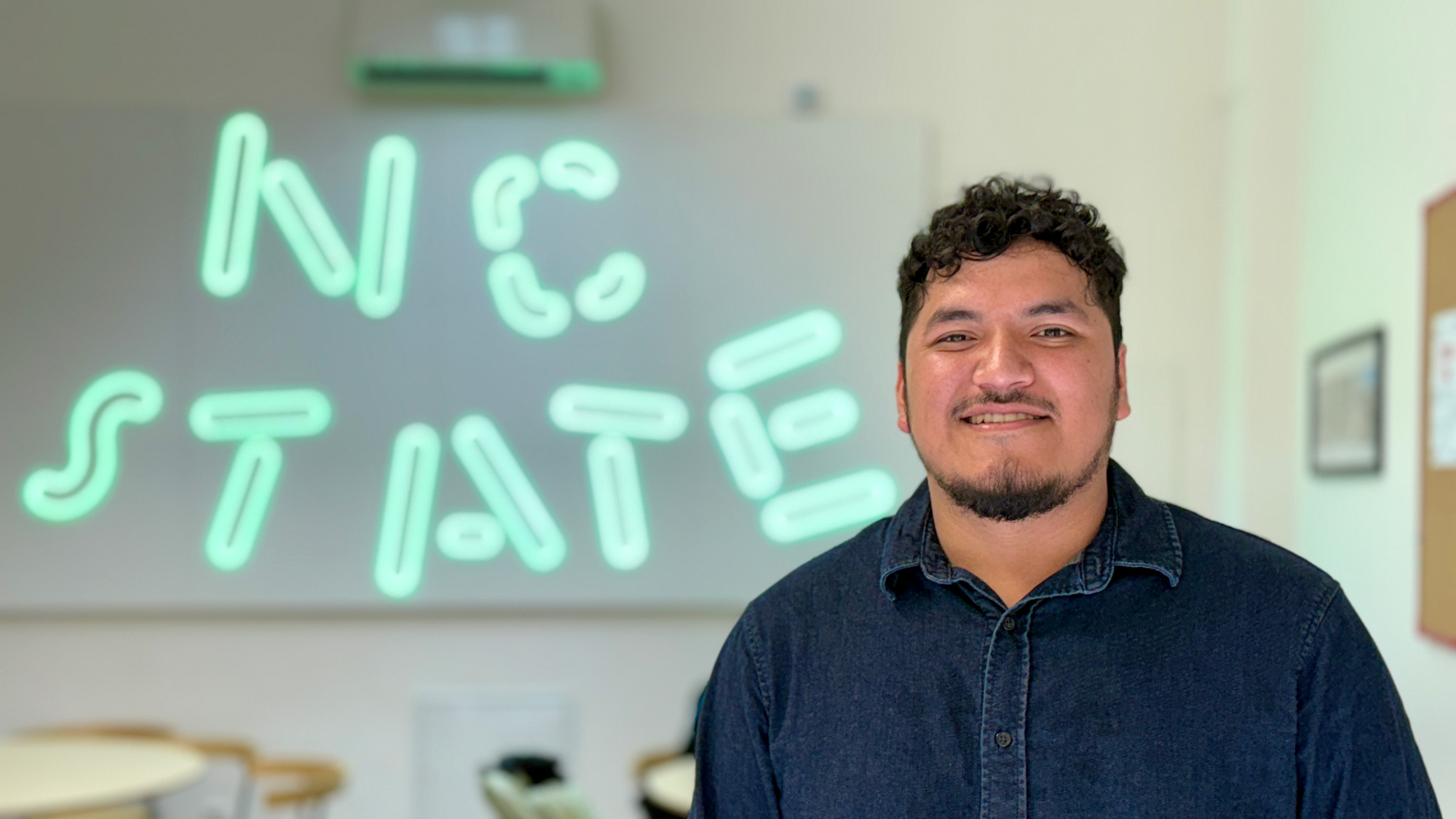Poole College Advisor Brian Peters Follows His Own Advice: Study Abroad
As an academic advisor at the NC State Poole College of Management, Brian A. Peters encourages students he advises to study abroad, understand issues in a global context, and connect with international scholars to find potential solutions beyond the U.S.’s borders.
As a doctoral candidate in the NC State College of Education, he decided to practice what he preached this summer, and attended the V International Summer School on Higher Education Research held June 10-16 in St. Petersburg, Russia.
“As we continue to have a more interconnected world, it is important to understand the issues in the United States in a larger global context,” said Peters, who has worked at NC State for about six years and been a doctoral student in educational research and policy analysis since 2013.
During a week focused on issues related to equality and equity in higher education, Peters studied alongside 24 other graduate students from around the world. They participated in faculty-led research seminars where they discussed the stratification in higher education policies and systems, how those systems can perpetuate current inequities, and what role higher education plays in being an “equalizer.”
Students also presented their research on topics related to social justice in higher education. Peters presented on his dissertation research that explores Native American college choice in North Carolina.
Because of the summer school experience, Peters said, “When I consider future educational policies, I’ll have a broader perspective of ideas and solutions to our problems in the United States.”
Responding to questions for this College of Education story, Peters shares more on what he got out of the experience and why such opportunities will prepare him for his post-doctoral studies career. His responses were edited.
Q. Why did you participate in the V International Summer School?
We often consider issues and problems from a limited, in-country perspective. The Summer School program helped me think about how I can make research more inclusive for academic discussions globally. How do the issues and concerns I’m researching connect to research globally? How can I title my papers to attract readers outside the United States? Are there scholars outside the United States that I could collaborate with on this project?
By broadening my perspective, I believe I will be a better scholar and have a more global mindset in my daily work.
Q. The Summer School focused on “Higher Education and Social Equality.” What did you learn about that topic?
I now have a deeper understanding of how the systems of higher education we have created can perpetuate inequalities. Higher education is seen as a means to increase one’s human and social capital but our systems can continue the same current inequities in society.
To solve these issues, we must look at higher education from a micro and macro perspective to ensure equitable access and opportunity to students and advocate for free and equal societies.
Q. How does this experience inform your Ph.D. studies and prepare you for what’s next?
Many of the theoretical underpinnings of the week’s seminar relates to my dissertation, so it was great to explore these topics further for my own personal understanding.
For the future, I have connections with scholars in other countries that I can collaborate with based on similar research interests. From a global perspective, studying in a different country and learning the perspectives and cultures of different countries widens your own views.
I now feel like I have a broader perspective on the field of higher education that will influence my future research as well as my daily practice.
Q. What are your future plans once you complete your doctoral program?
I’ll consider multiple career trajectories. I may go the faculty route or stay within academic administration. If I stay within administration, I hope to teach as a visiting professor while serving the institution. Lastly, I have become increasingly interested in working in educational policy. I may work for a higher education policy organization or run for political office to have more say on higher education within North Carolina and the United States.
Q. Why did you choose to pursue your Ph.D. at the NC State College of Education?
The College of Education provided me the opportunity to study in a Ph.D. program while still gaining experience in the workforce. I liked the program’s emphasis on diversity, student success, strong academics and scholarship, and my wife, Brooke Peters ’13 MED (a visitor relations specialist at the Hunt Library), is an alumna.
More importantly, the College of Education grants opportunities to students. From allowing Ph.D. students to teach alongside faculty to financial support, the college provides opportunities for students to explore their areas of interests. I received financial support for my dissertation and to attend the Vth Annual Summer School experience in Russia.
These opportunities are adding to my educational experience and opening future opportunities that I may not have received at a different institution.
Note: This story was written by Cherry Crayton, NC State College of Education, and originally posted on the CED website with the headline, Ph.D. Candidate Brian A. Peters: Overseas Summer School Will Make Me a Better Scholar
- Categories:


